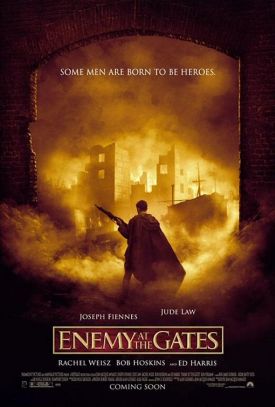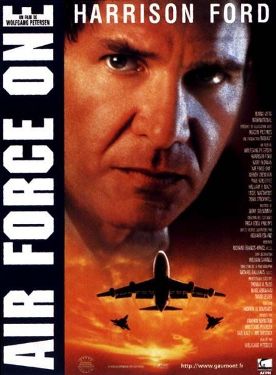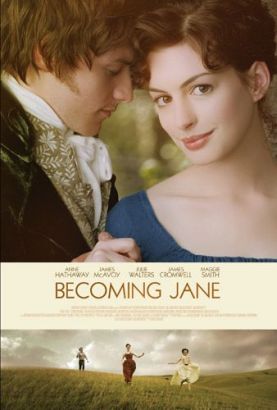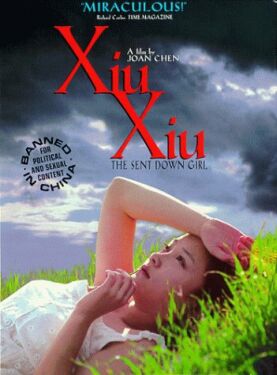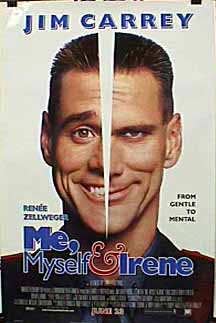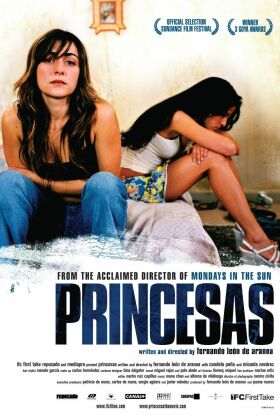Enemy at the Gates
Enemy at the Gates, directed by Jean-Jacques Annaud, aspires to the Saving Private Ryan level of spectacle, but offers a bit more in the way of dramatic coherence. What a curious way it has, however, of representing for us the vast slaughterhouse of the Battle of Stalingrad—that is, as a solo duel between a Russian and a German sniper. Even where the film is successful, that is, it falsifies the essential nature of the historical experience as a clash of mighty armies. Probably this will not matter to most viewers. The battle of wits between the Russian shepherd, Vassily Zaitsev (Jude Law), and the German aristocrat, Major König (Ed Harris) could just as well have taken place in the First World War, or any war, so far as most of the audience is concerned. But I can’t help wondering why, with such thrilling historical material to work with, Annaud decided to take the story out of history to the extent that he does.
It’s true that there are enough of the historical particulars left in to suggest some of the salient realities of the battle. The desperation of the Russian troops and the casual cruelty of their officers is fits with what we know of it, and Annaud gives us something of the flavor of this gruesome chapter in history when he shows us fresh troops are being brought up to the front locked into their railroad box-cars. Or when rifles are issued only to every other man with the instructions: “When the one with the rifle gets killed, the one who is following him picks up the rifle and shoots.” We see these green troops trying to escape from shell fire on the boats ferrying them across the Volga or attempting to retreat in the face of withering fire, and being shot by their own officers.
The political dimension of the battle is also suggested with the arrival at Stalingrad of Nikita Khruschev (Bob Hoskins), later the Soviet premier, whose first act at the front is to confront a Soviet general with his own failure to throw back the German invaders. The general naturally mentions the disparity between the well-armed and equipped Germans and his own inadequate forces. After ticking off all the advantages that “they had,” he asks simply: “What did I have?”
“A sacred duty,” shoots back Khruschev, adding: “I have to report to the boss;” as he always calls Stalin. “Perhaps you’d like to avoid the red tape?”—and he hands him a pistol. As he calls all the lesser commissars together and asks for suggestions about how to motivate the troops, a shot rings out. The irony is not lost on those present, and one commissar suggests that they “shoot the other generals who retreat and their chiefs of staff and deport their families. “We’ve done all that,” says Khruschev in a matter of fact tone. What else can they do? It is at this point that the fictional Danilov (Joseph Fiennes) pipes up to mention the need for heroes and that, by the way, he knows of one, the successful sniper Vassily.
So far, all this is reasonably close to the historical truth, though there was no historical Danilov, but what follows, involving a three-cornered romance between Vassily, Danilov and a fetching Russian lass called Tanya (Rachel Weisz) is pure invention, as is the affecting tale of an adorable little Russian boy called Sasha (Gabriel Marshall-Thomson) who is improbably employed as a double agent and wins the trust of Major König. Somehow, against such a background, the human story has the effect not of deepening our understanding of the historical event but of trivializing it and mixing it with too-familiar material that, for all the portentous voiceover narration thrown into the balance on the other side, can only obscure the unique historical importance of what happened on the Volga in 1942-43.
Discover more from James Bowman
Subscribe to get the latest posts to your email.

